5 Questions for Polygon's DAO Lead

Polygon DAO is the centerpiece of Polygon’s long-term strategy of progressively decentralizing the protocol and turning over control to the community. At a recent fireside chat, Polygon’s DAO lead Marco Grendel answered a few questions about what that may look like in the near term. We thought they were worth sharing with the broader community.
What do DAOs bring to the table for a project like Polygon?
When we talk about DAOs, we are talking about new organizational and participatory forms with multiple use cases. Polygon evaluates many of these applications with great interest, identifying them as fundamental to the evolution of Web3 and beyond.
For example, DAOs hold out the promise of new frameworks organizations and entities can use to build in novel and dynamic ways, combining top-down with and bottom-up elements. Another use case is educational, engaging with the community and educating its members about the new opportunities created by DAOs. The knowledge provided by different educational initiatives centered on some new community initiatives will serve as a foundation for competing for new job opportunities, in turn attracting more skilled talent to Web3.
How is Polygon contributing to the development of DAOs beyond its own project?
Polygon is strongly committed to the growth of DAOs and everything that surrounds them. The team is involved in exploring new forms of governance and supporting tool development, both third party and internal.
The biggest contribution to DAO tooling so far has been Polygon ID, a sovereign identity solution based on Zero Knowledge proofs. It allows for a migration from a token-based DAO governance to one based on identity and reputation. Polygon ID is a solution that goes beyond the current forms of digital identity (on blockchain and otherwise) and reputation based on NFTs.
What sort of DAOs receive Polygon’s support?
Polygon has collaborated with several DAOs, mainly in DeFi and the world of Gaming Guilds, offering them various forms of assistance. This support is now being carried forward by the Polygon Village program, which will soon launch a vertical dedicated exclusively to DAOs and DAO tooling.
What are Polygon DAO’s goals and what impact will they have on the project and the surrounding ecosystem?
Polygon DAO has several objectives:
- Represent the Polygon ecosystem
- Progressively decentralize its functions
- Build a neutral party to support the growth of the ecosystem
- Delegate and decentralize the functions of the Polygon’s internal teams, allowing Polygon to scale
- Evangelize to developers and communities
- Support DAO open-source initiatives
Through the use of Polygon ID and reputation-based governance, the Polygon ecosystem will be better equipped to look after its own needs in the future. And the DAO's progressive decentralization process will be key to the ecosystem's organic, stable and distributed growth, courtesy of new coordination methods, collaborations, and stronger network effects.
What is Polygon Village?
Polygon Village was launched in April as a one-stop-shop where developers get access to everything they need to build, grow, and showcase their Web3 initiatives. The program was born from Polygon's desire to offer comprehensive, quality support to the projects building on Polygon.
The Village is managed by the DAO for two reasons:
- to allow for a progressive decentralization
- because the DAO represents the ecosystem and the support program is dedicated to the ecosystem itself
Support comes in many forms, including grants, a voucher program for services useful to project development, mentoring support offered by various experts. The Village can also offer projects introduction and exposure to relevant communities. The program is constantly evolving, in order to be able to keep up with changing needs of Web3 builders. You can learn more about Polygon Village here.
Visit our blog to stay up to date on all Polygon developments. And let’s bring the world to Ethereum!
Website | Twitter | Ecosystem Twitter| Developer Twitter | Enterprise Twitter | Studios Twitter | Telegram | Reddit | Discord| Instagram | Facebook | LinkedIn



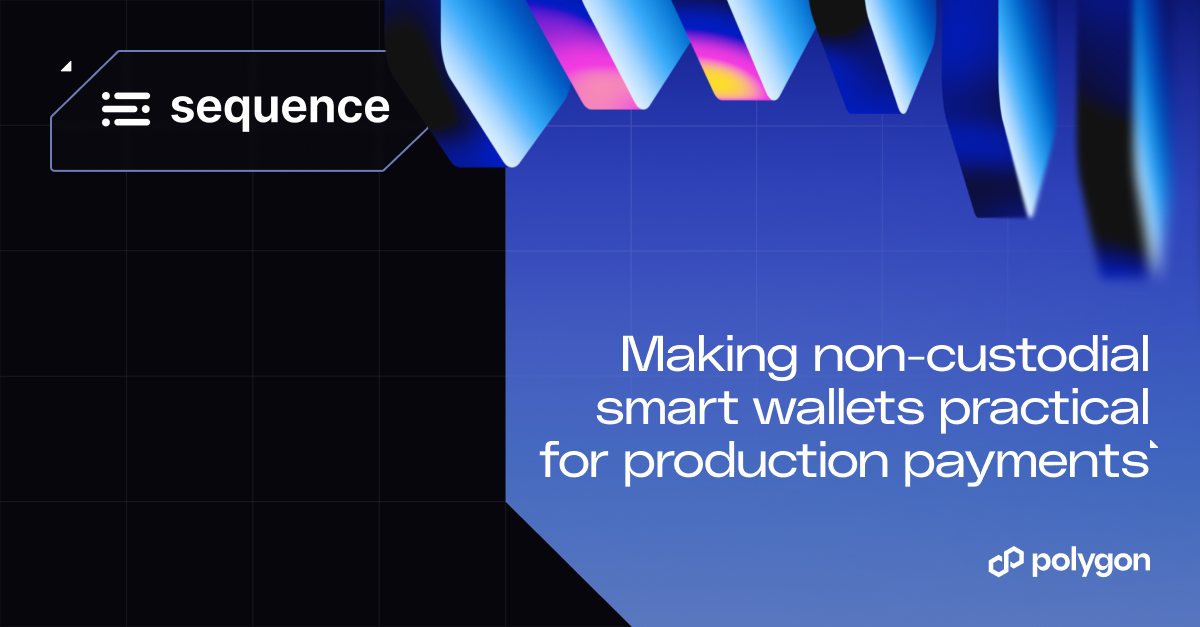


.jpg)
.jpg)
.png)

.png)

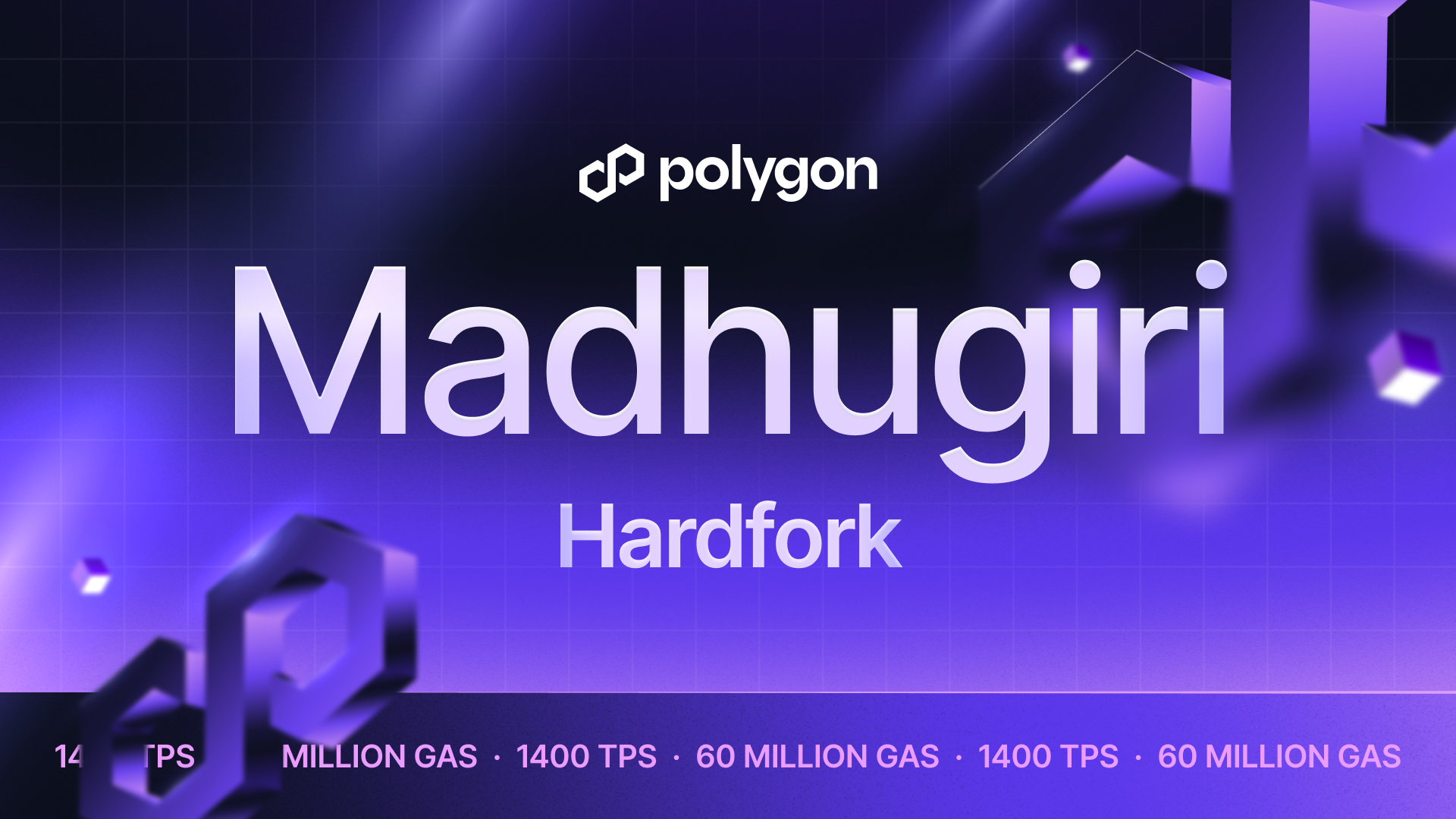
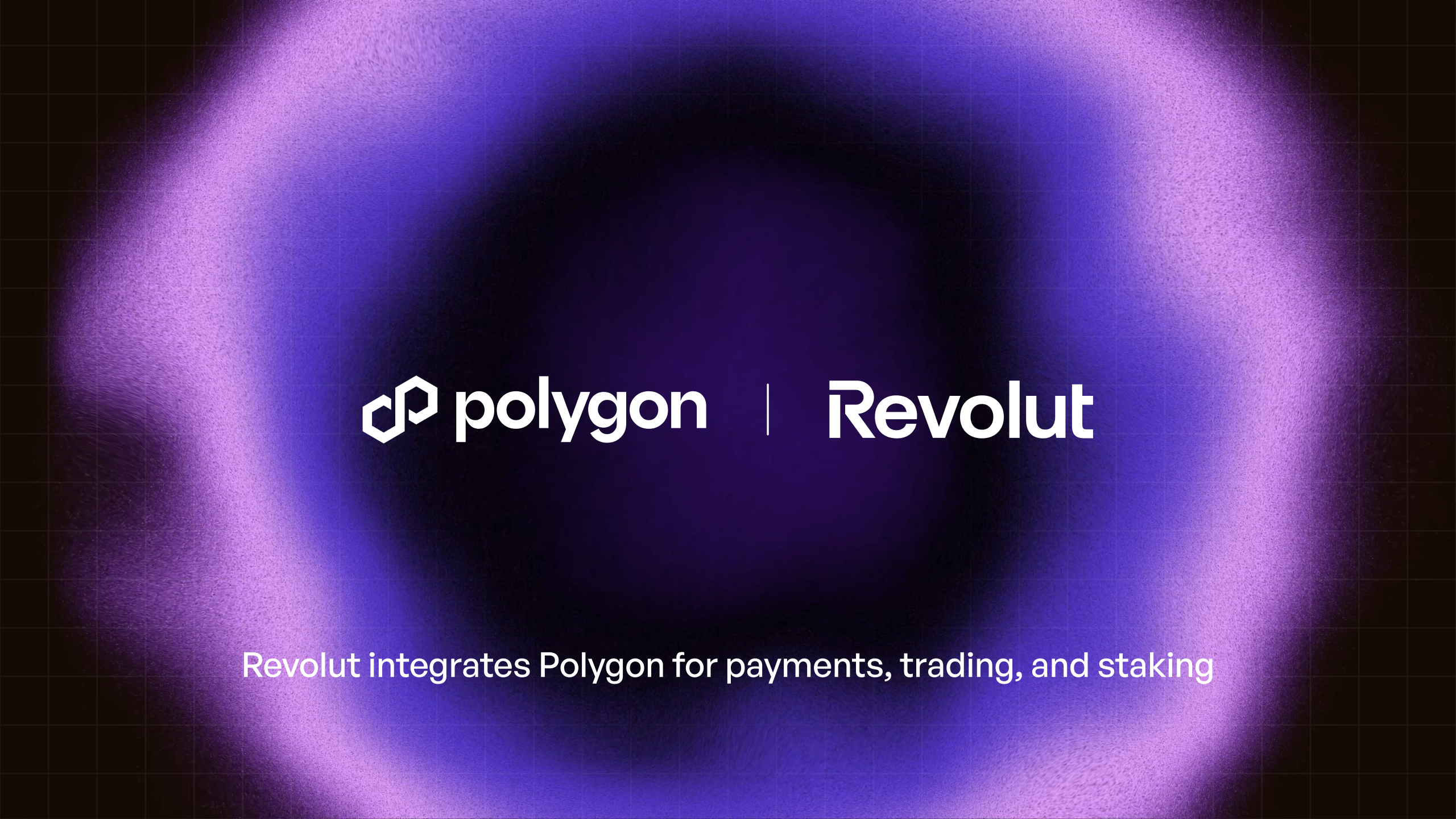
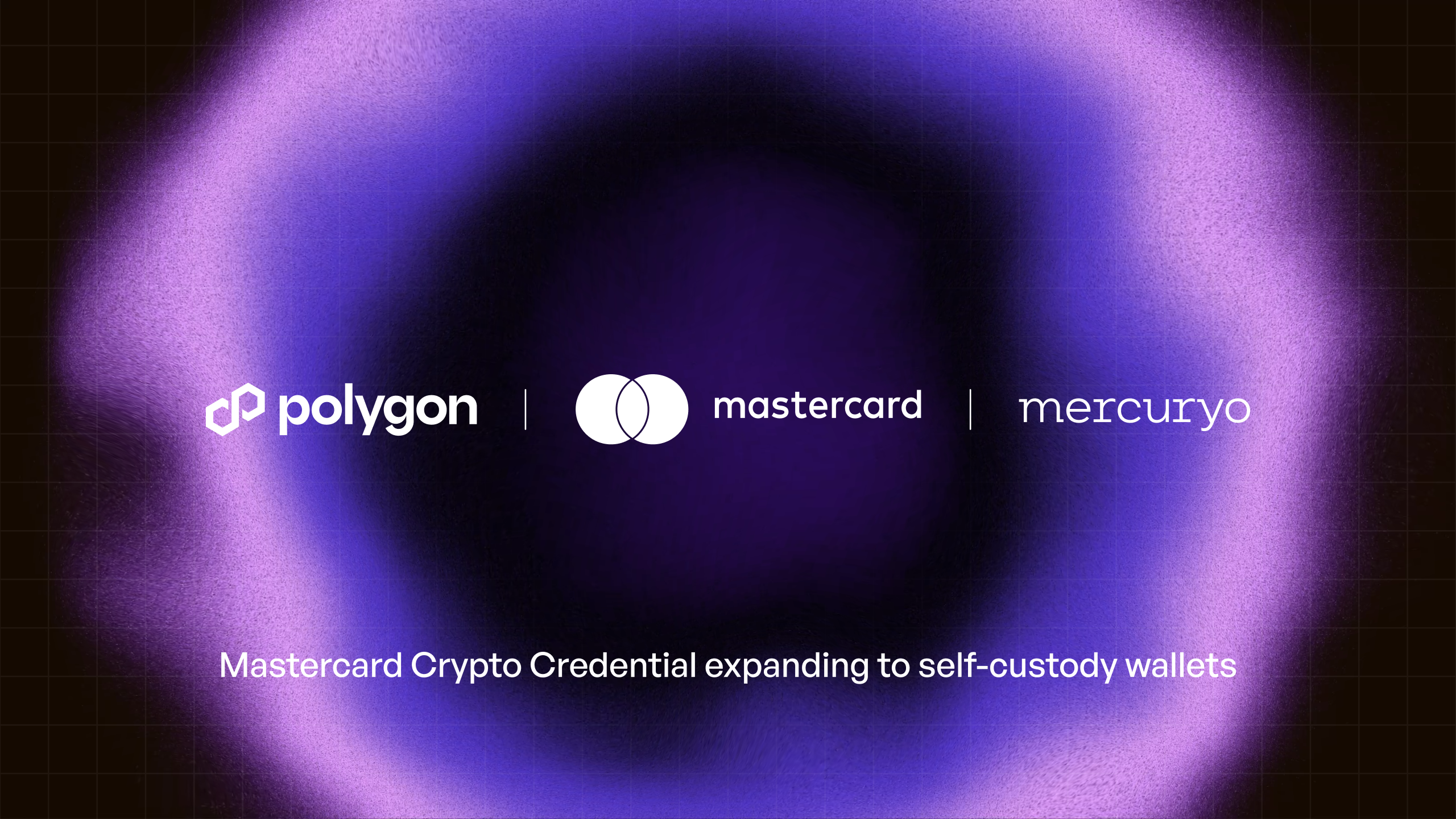
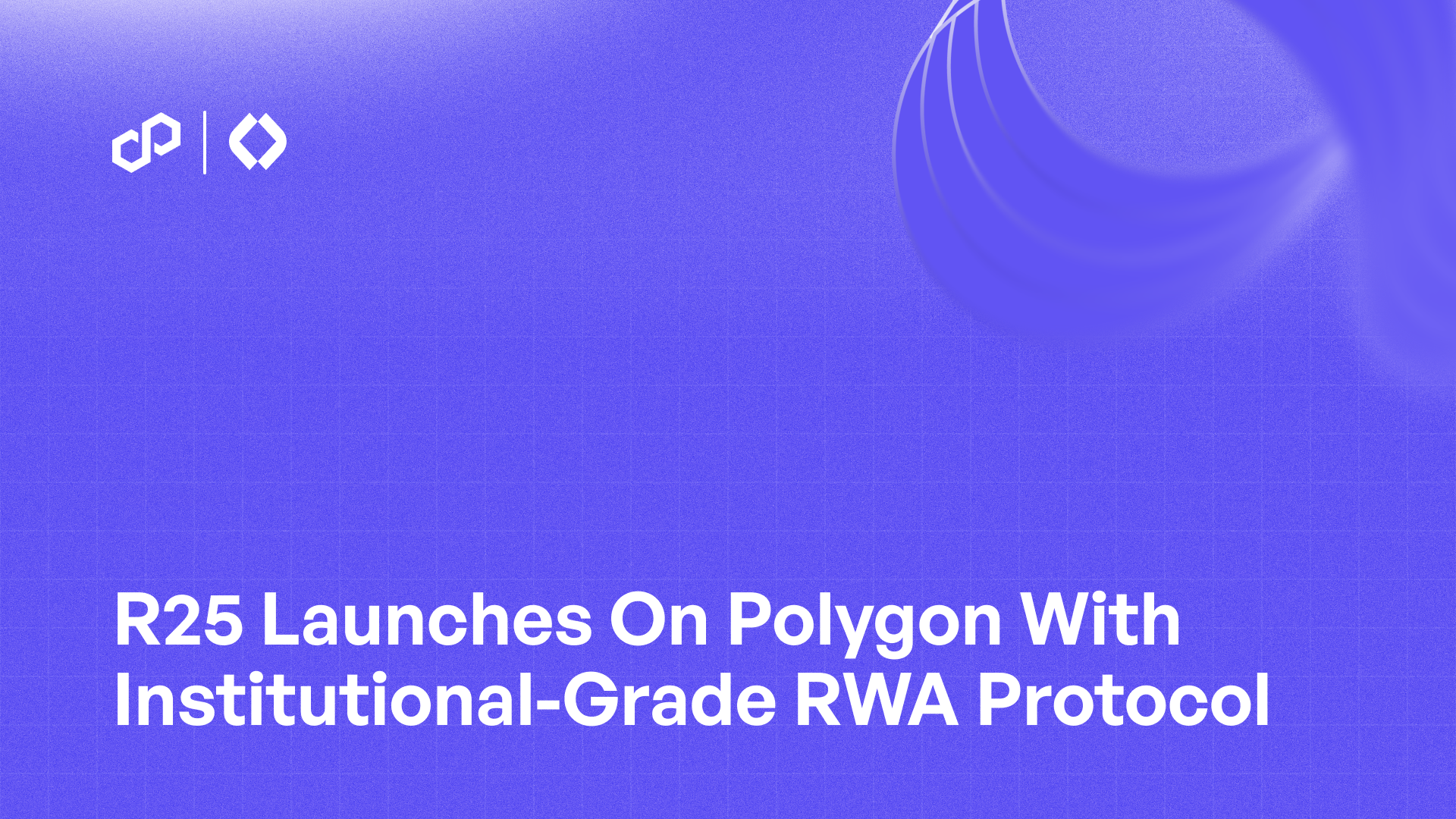
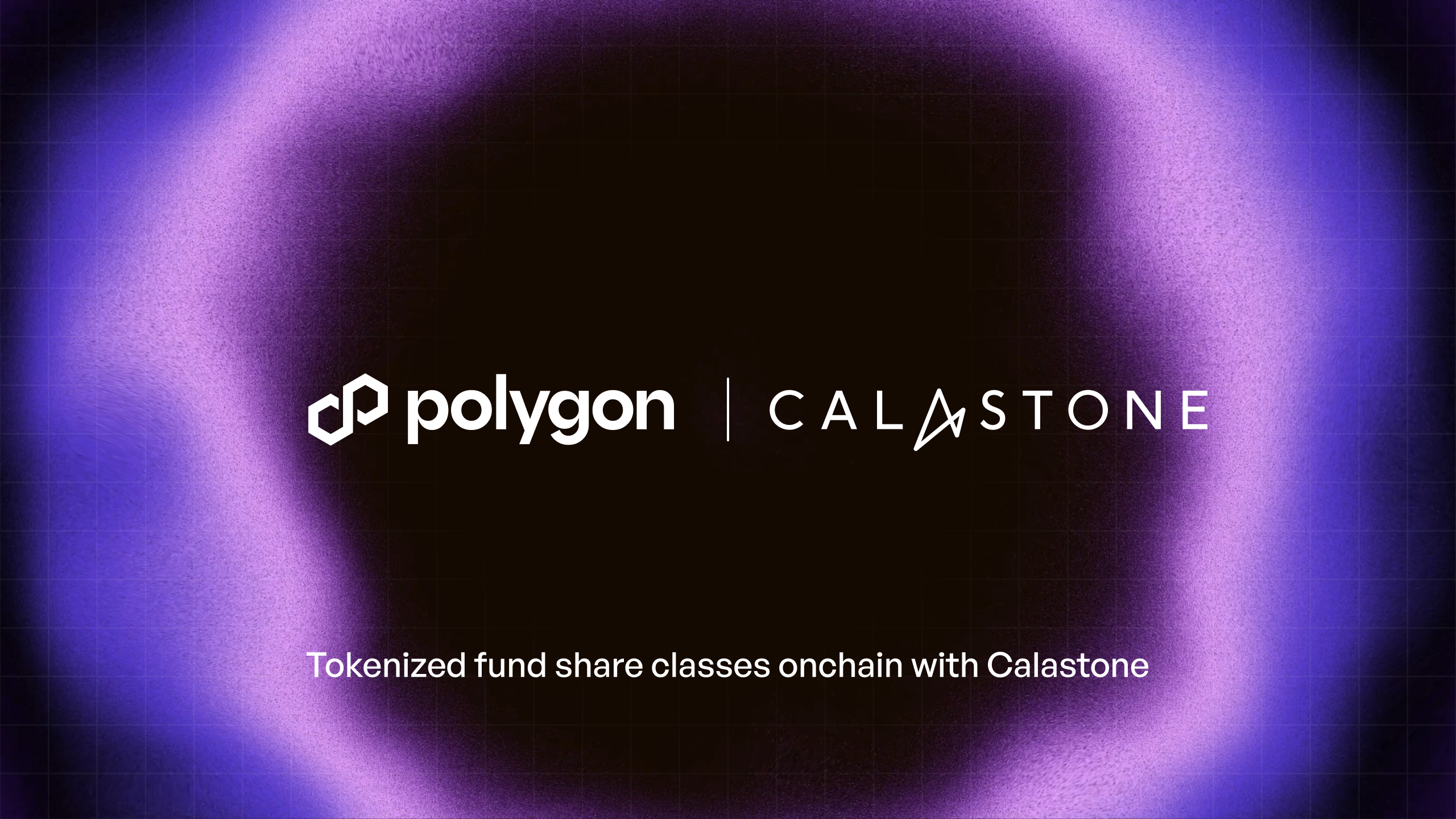
%20(1).png)